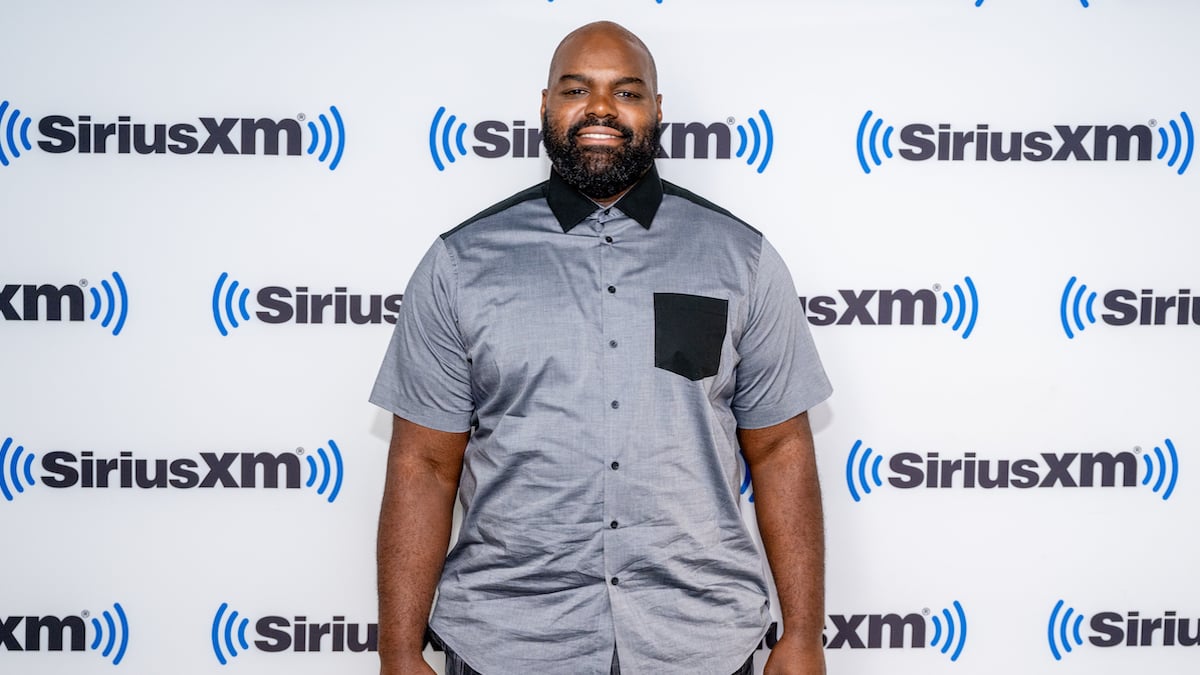Let’s begin with a brief synopsis of The Blind Side, the 2009 sports drama that pulled in $300 million at the box office and won Sandra Bullock her first Academy Award for Best Actress. The movie, based on the 2006 book of roughly the same name, tells the story of an impoverished Black teenager forced into the foster system due to his mother’s drug addiction. Through the timely, altruistic intervention of a white lady with big hair, he receives the private tutoring he needs in order to excel, becomes a local football hero, and fights gang members when they’re rude about the lady we mentioned a second ago. That same lady adopts the young man, making him a part of her family and eventually getting him into the NFL, where all the endings are happy and everyone’s brains work good.
If, to you, all of that stinks of revisionist white savior erotica, you’re not alone. One of The Blind Side’s more vocal critics over the years has been Michael Oher, the man whose life the story was based on. His main complaint in recent days: That the story didn’t, you know, happen.
Michael Oher’s The Blind Side complaints, explained
More specifically, Oher filed a petition this week claiming that he was never adopted by The Blind Side protagonist, Leigh Anne Tuohy. He alleges that, in reality, Tuohy and her husband duped their young ward into signing away his rights via a conservatorship, leading to a lucrative situation in which they were paid “millions” for their story when the movie made bank at the box office, while Oher received nothing at all. Adding insult to injury, paperwork filed by Oher and reported on by ESPN claims that he believed he was signing documents that “would make him a member of the Tuohy family.”
Instead, the Tuohys allegedly took control of Oher’s finances, while purportedly benefiting from the folkloric retellings of the family’s story through speaking engagements and their Making It Happen foundation.
This isn’t the first time that Oher has taken issue with the way things shook out with the Tuohy family. In 2011, two years after the release of the film, his memoir, I Beat the Odds, in which he wrote of The Blind Side:
“I felt like it portrayed me as dumb instead of as a kid who had never had consistent academic instruction and ended up thriving once he got it. (…) I could not figure out why the director chose to show me as someone who had to be taught the game of football.”
All things being equal, Oher has also given the Tuohy family glowing reviews. In 2016, speaking to The Sydney Morning Herald, he said that The Blind Side was “a great story.” He went on to state that “It seems like (the Tuohys) helped me to get to this point. They’re my family and without them I wouldn’t be here.”

